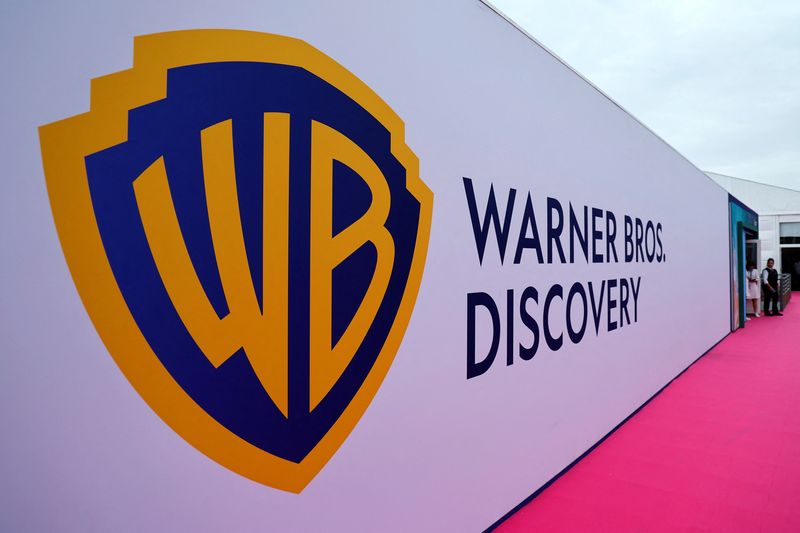
In a dramatic move signaling a potential industry-shaking transaction, Warner Bros. Discovery announced it is formally exploring a sale of the entire company. This decision comes after the media conglomerate received what it describes as “unsolicited interest” from multiple perspective buyers, a development that immediately fueled investor optimism and sent the company’s stock soaring by over 10 percent. The announcement marks a significant escalation of the company’s strategic planning, moving beyond its previously stated intent to simply split its operations.
The media giant had been actively pursuing a plan to cleave itself into two separate, publicly traded entities: one focused on its powerhouse streaming services and film studios, and the other on its global television networks. This restructuring was already underway while the company concurrently fielded acquisition interest from the newly formed Paramount Skydance. However, the influx of outside attention has prompted the board to initiate a comprehensive review of all strategic alternatives, with a sale now firmly on the table as a primary option to maximize shareholder value.
Chief Executive Officer David Zaslav affirmed the company’s commitment to its core strategic initiatives even as it entertains offers. He stated that the decision to prepare for a separation was a “bold step” believed to be the best path forward. Zaslav added that the external interest validates the “significant value” of the company’s extensive portfolio, prompting the board to launch a full review to “unlock the full value of our assets.” This move is seen as a direct response to the market’s recognition of its valuable intellectual property and global reach.
Warner Bros. Discovery has been navigating a complex financial landscape burdened by over $40 billion in debt from the 2022 merger that created the company. In response, management has executed aggressive cost-cutting measures, overhauled its content strategy, and doubled down on profitable franchises such as “Harry Potter” and the “Game of Thrones” universe. While these efforts have made a dent in its debt load, investor skepticism has persisted, particularly concerning the long-term viability of its linear cable networks in an era dominated by direct-to-consumer streaming.


